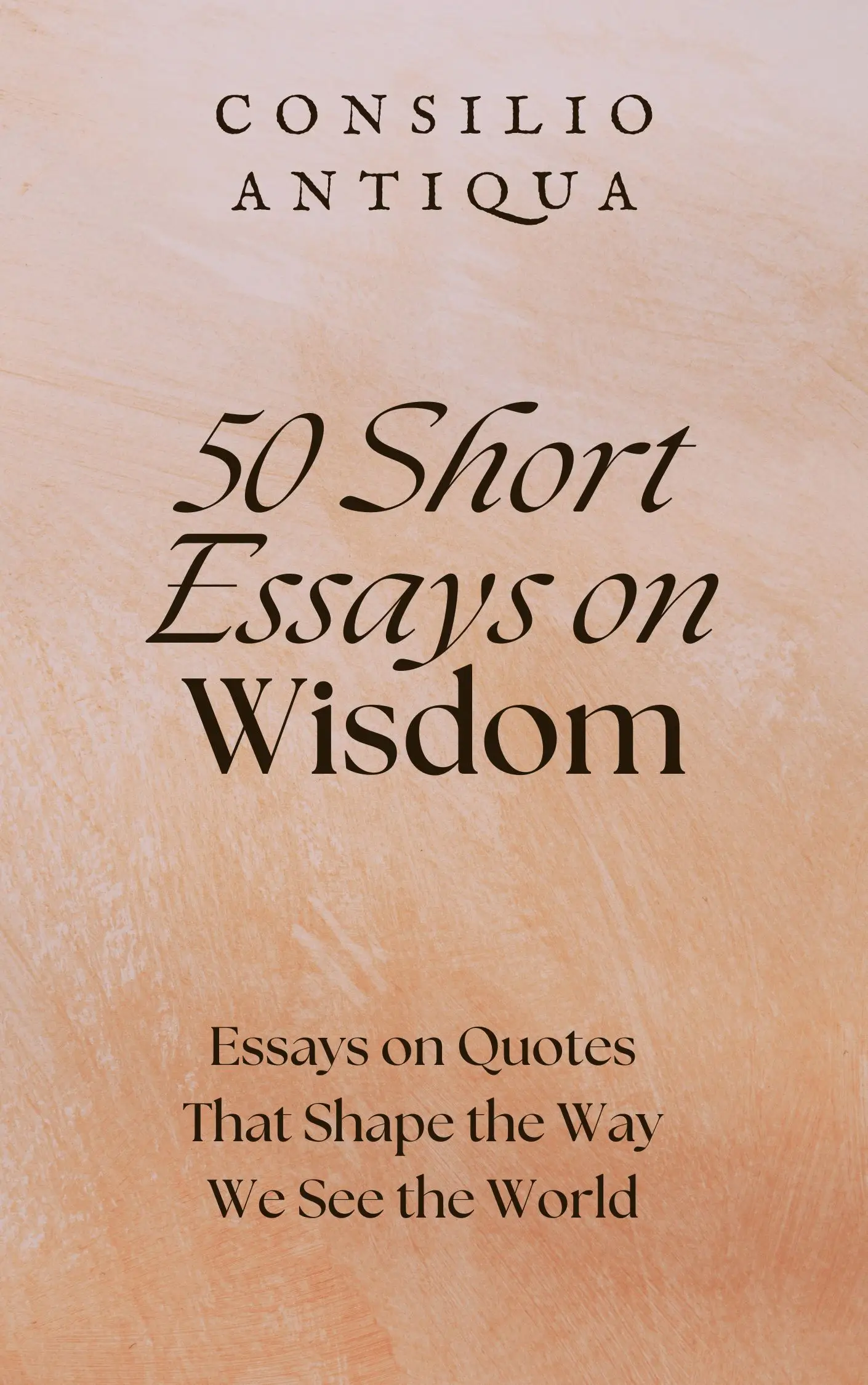
50 Short Essays on Wisdom | The Unfolding Circle
The Unfolding Circle
"Do unto others as you would have them do unto you." – The Golden Rule
The old woman, her face a roadmap of wrinkles etched by time and kindness, offered me a steaming cup of chai. The gesture, simple yet profound, resonated with an ancient wisdom far older than the chipped porcelain in her hands. It was a silent enactment of the Golden Rule, a principle echoing across millennia and cultures, a testament not to religious dogma, but to the fundamental architecture of human empathy.
The Golden Rule, in its various iterations, isn't a singular commandment born from a single source. It's a recurring motif in human history, appearing in the Analects of Confucius, the teachings of the Buddha, and the Gospels of Christianity. While the phrasing differs, the underlying principle remains remarkably consistent: treat others with the same respect, compassion, and consideration you desire for yourself. In ancient societies, this often manifested in concrete acts of reciprocity – sharing resources, offering hospitality, resolving conflicts peacefully. The rule's enduring power lies in its simplicity and its universality, transcending geographical boundaries and religious beliefs.
At its core, the Golden Rule is an invitation to step outside the confines of self-interest and inhabit the perspective of another. It's a call to cultivate empathy, to recognize the shared humanity that binds us, regardless of our differences. It's not merely about avoiding harm; it's about actively seeking to do good, to contribute to the well-being of others. This active engagement with the world, this commitment to ethical action, is what distinguishes the Golden Rule from a mere social contract. It's a principle that demands not just compliance, but genuine engagement with the human condition. It is a seed of compassion planted in the fertile ground of our shared existence.
Yet, applying the Golden Rule in the 21st century presents unique challenges. Our hyper-connected world, while offering unprecedented opportunities for connection, also fosters division and polarization. The ease of online communication can mask the complexities of human interaction, leading to misunderstandings and conflict. Consider the rise of online harassment, the spread of misinformation, or the widening gap between the privileged and the marginalized. These are not merely abstract problems; they are concrete manifestations of a world where the Golden Rule often feels lost in the noise. How do we apply the principle of reciprocity in a world grappling with systemic injustice, environmental degradation, and global inequality?
The answer, perhaps, lies not in grand pronouncements, but in small, deliberate acts of kindness. Imagine a world where each interaction, however fleeting, is infused with a conscious effort to understand and empathize with the other person's experience. This isn't about suppressing our own needs or emotions; it's about recognizing the inherent worth of every individual, regardless of their background or beliefs. It's about choosing compassion over judgment, understanding over condemnation. It's about recognizing that the other person's pain is, in some way, our own.
What if, instead of reacting defensively to criticism, we paused to consider the other person's perspective? What if, instead of dismissing someone's concerns, we sought to understand their experiences? What if, instead of succumbing to the temptation of apathy, we chose to engage with the world with a heart open to compassion? These are not easy questions, but they are essential ones. The Golden Rule, in its enduring simplicity, reminds us that the path to a more just and compassionate world begins not with grand gestures, but with small, consistent acts of kindness, each one a ripple in the unfolding circle of human connection. The chai, still warm in my hands, whispers a silent testament to this truth.
